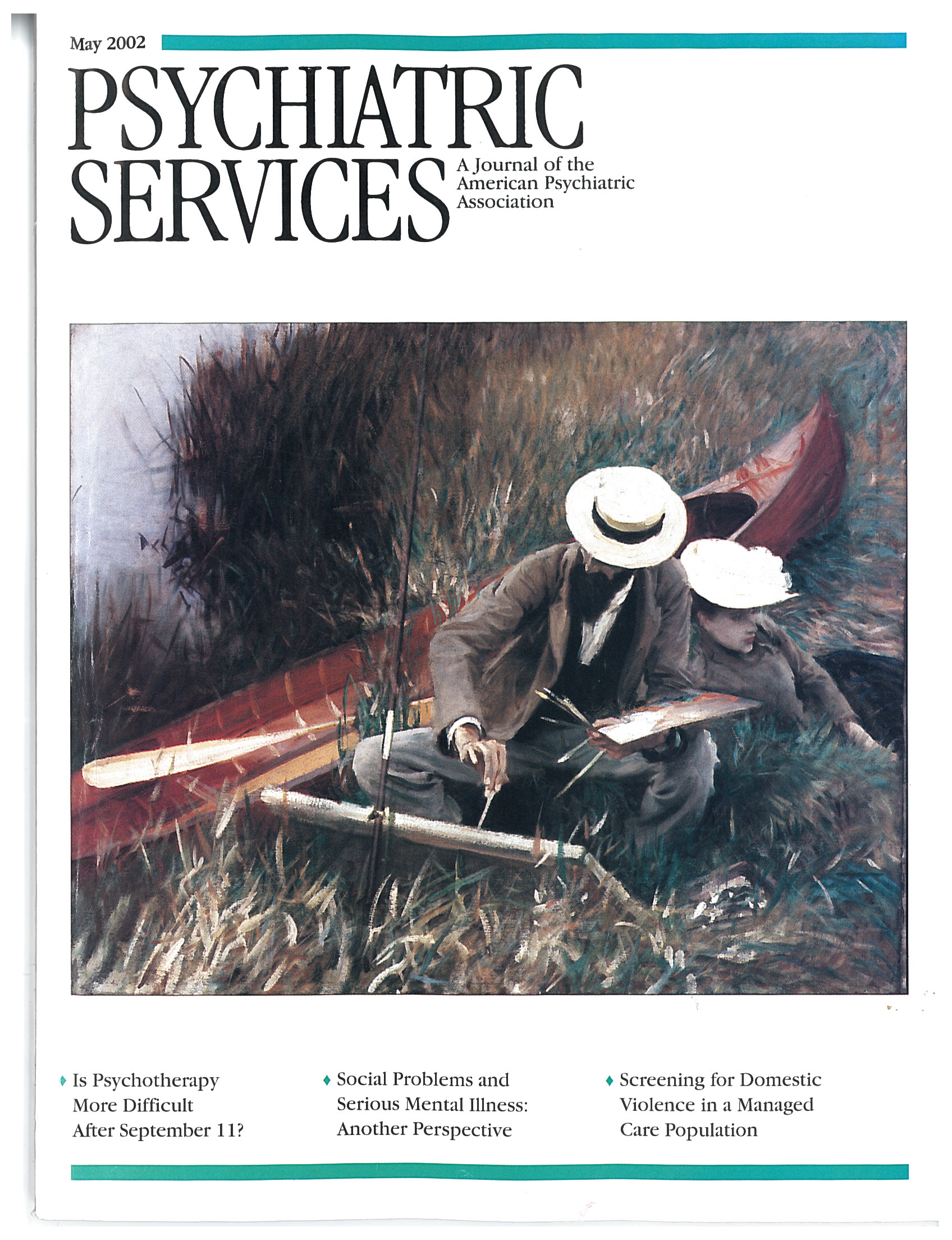The Feasibility of Enhancing Psychiatric Outpatients' Readiness to Change Their Substance Use
Abstract
OBJECTIVE: This stage I therapy development study evaluated the feasibility and acceptability of a brief motivational intervention for outpatients with severe and persistent mental illness and drug use problems and examined preliminary indicators of outcome. METHODS: A motivational intervention was evaluated with 22 outpatients. The intervention consisted of four individual sessions that were guided by the therapeutic principles of motivational interviewing. All participants met DSM-IV criteria for substance abuse or dependence within the previous six months and were not engaged in treatment for substance abuse. Substance use, treatment involvement, and attitudes toward substance use and cessation were assessed before and after the intervention and at a three-month follow-up session. RESULTS: The feasibility of the motivational intervention was demonstrated. The median time to completion of the intervention was 28 days. It was possible to retain psychiatric outpatients in the intervention, and the patients had favorable perceptions of the intervention. Readiness to change and involvement in treatment increased between preintervention and postintervention assessments. However, many of the postintervention gains had not been maintained at three-month follow-up. CONCLUSIONS: Use of brief motivational interventions can enhance patients' readiness to change substance use to better prepare them for drug treatment programs. Future interventions might benefit from the integration of the intervention with ongoing treatment to ensure that motivational gains are maintained.



